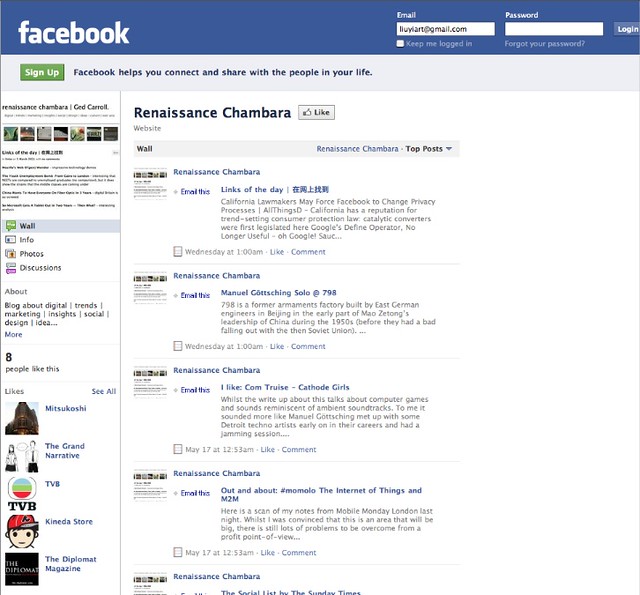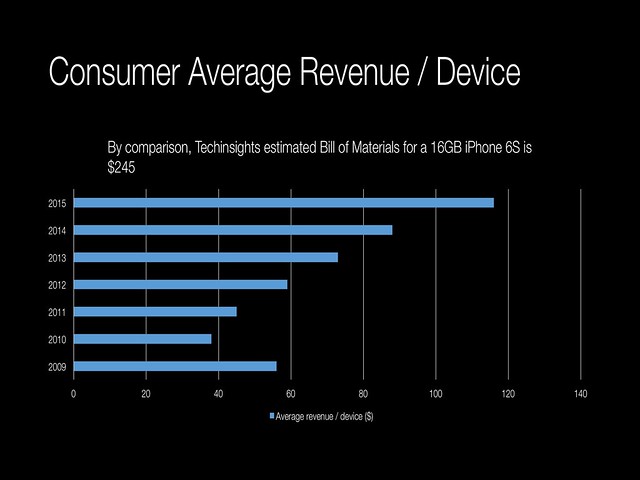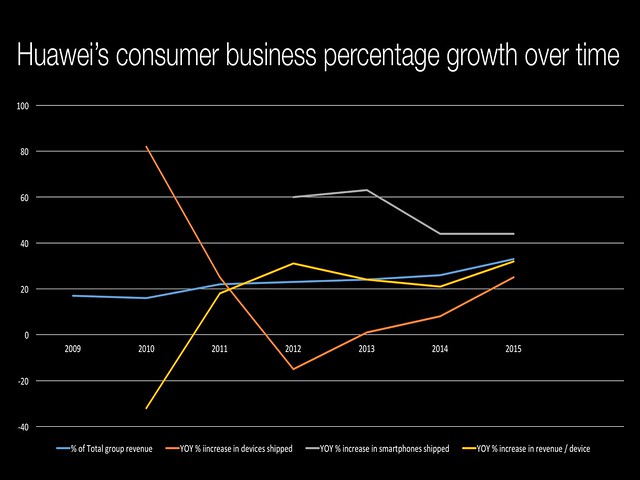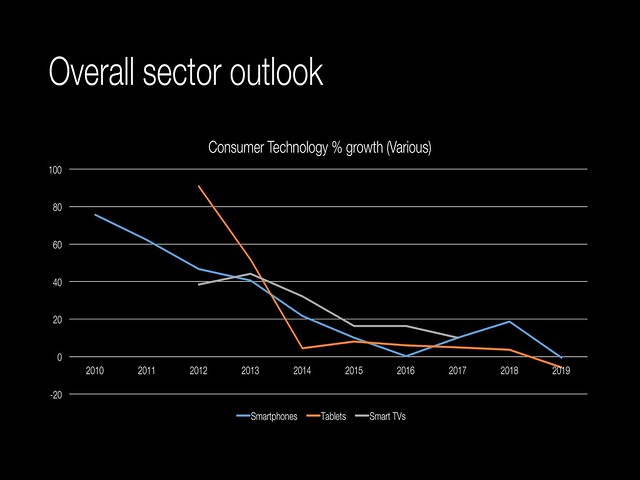I went to the Hacks and Hackers London presentations this evening host at the Institute of Directors and here is a summary of the notes that I made.
Presenting at Hacks and Hackers this time was:
- Simon Rogers
- Kate Day
Simon Rogers is ex-Guardian and Twitter. He talked about how Google uses Google Trends, combining it with third party data such as information from the likes of Associated Press. They build some nice visualisations around them. Most of the data that they used was basically the same data that consumers had access to through the Google Trends tool. Google seem to deliberately restrained in terms of the data that they could deploy on this, but they did work on tightening up and redefining regions from the way their internal data held it to the way it related to the real world.
There was some nice work done that looked at associated search terms that came up by people who searched for US presidential candidate names. It reminded me of the work that Hunch did around consumer behaviour patterns and likely political beliefs – but less sophisticated. (Hunch was bought by eBay and eventually shut down).
Kate Day talked about the launch of US site Politico in Europe. The business had a split business model with a B2B subscription offering that provided European Parliament intelligence. and a more conventional consumer advertising audience model which targeted people who were professionally interested in European parliamentary politics.
From an editorial point of view stories which drove big peaks in traffic often brought in the wrong kind of audience who either wouldn’t be likely to return, or ‘get’ the content on offer.
Targeting on social media was purely done through careful selection of the copywriting, which requires professional knowledge and a desire to self select as a ‘policy wonk’ rather than using Facebook or Twitter’s ad targeting mechanisms. In common with other subject areas regular coverage of a beat area matters to drive continued engagement. Politico has managed to get UK press scoops by showing up at all the press briefings in Brussels rather than following the British eurocrat events – this probably says a lot about the small size of teams that other national news outlets have operating there.
More media related topics here.





